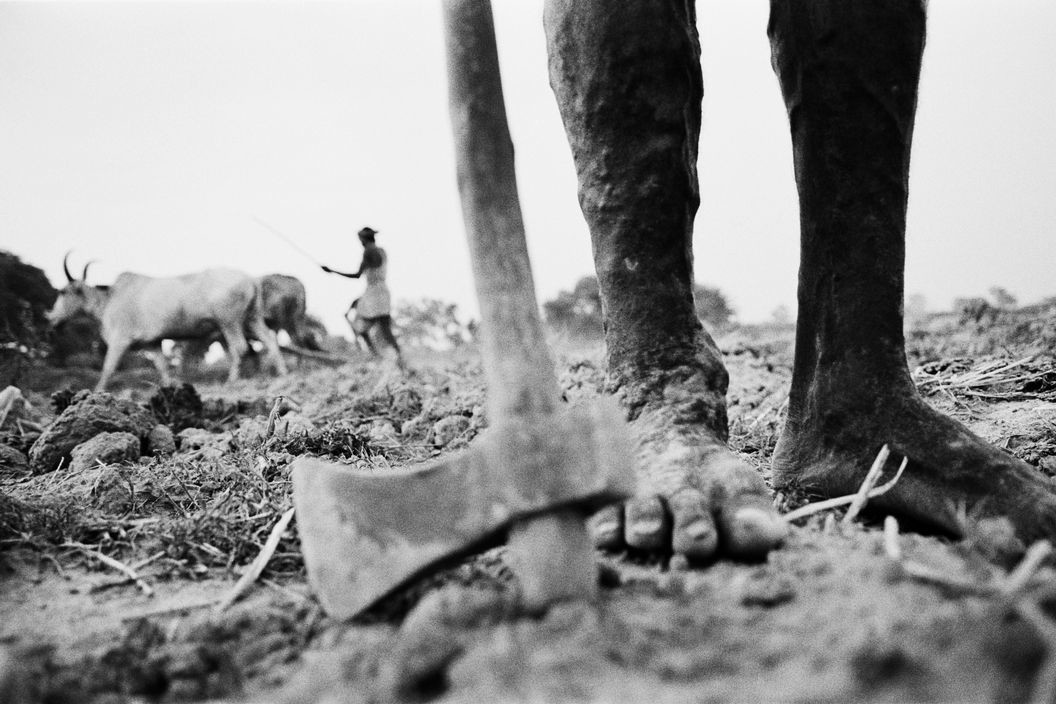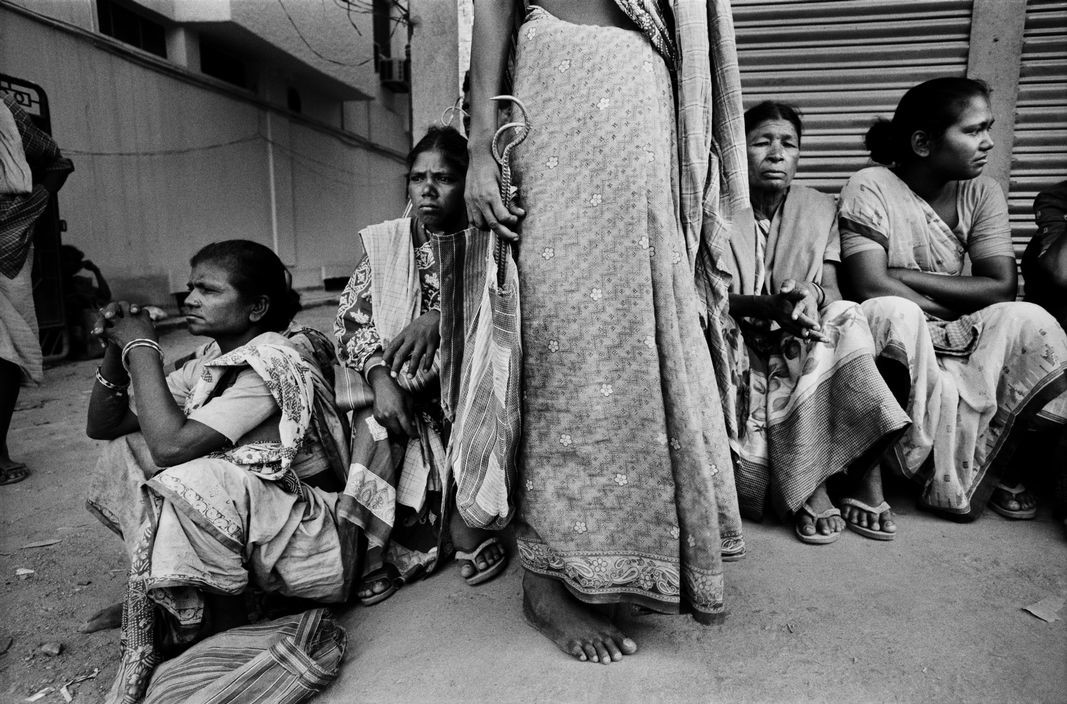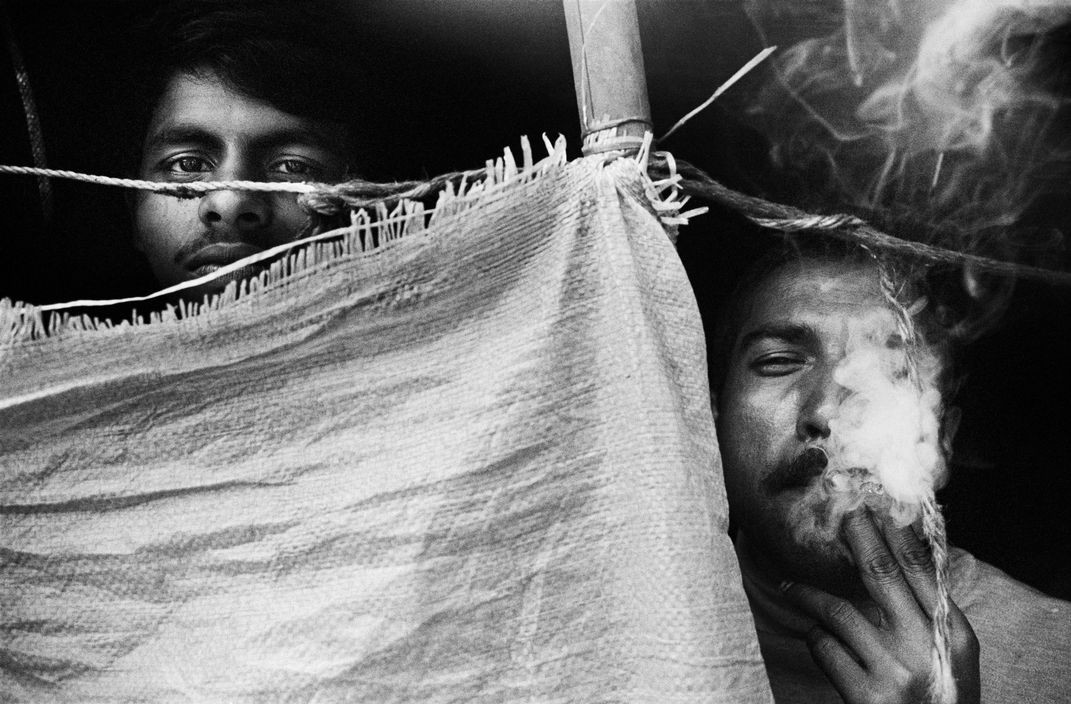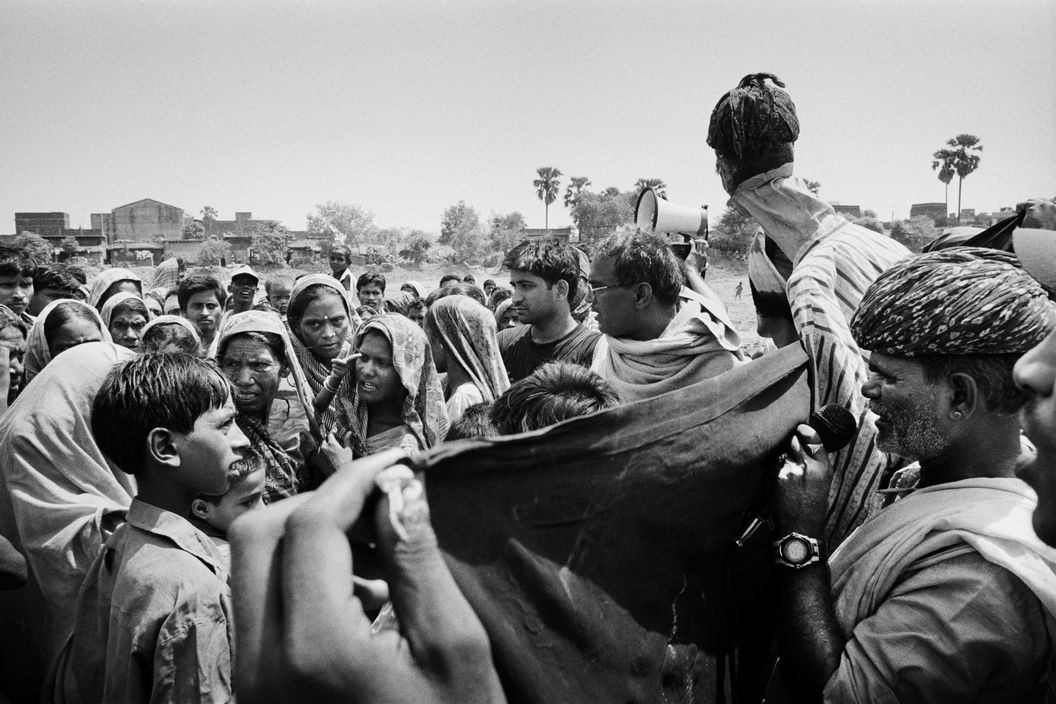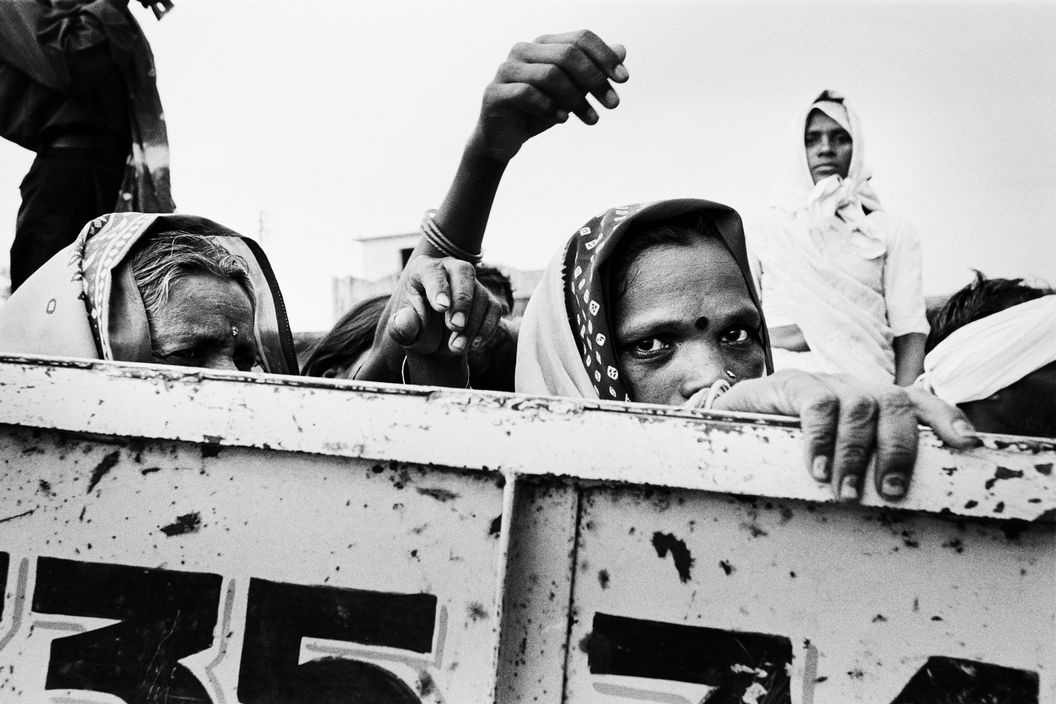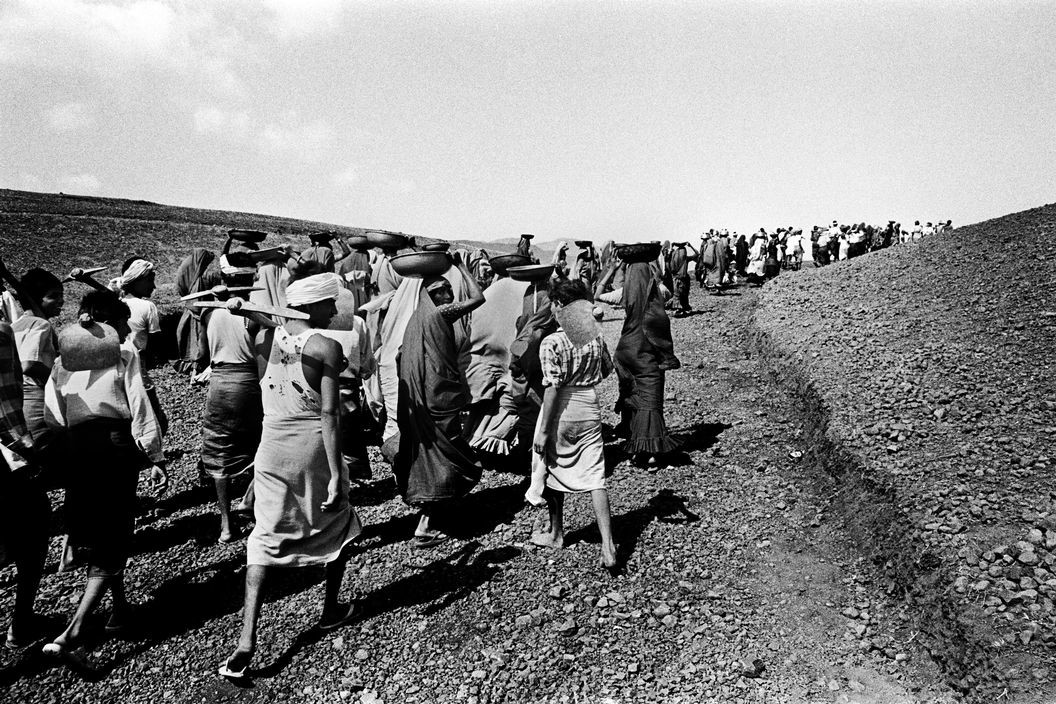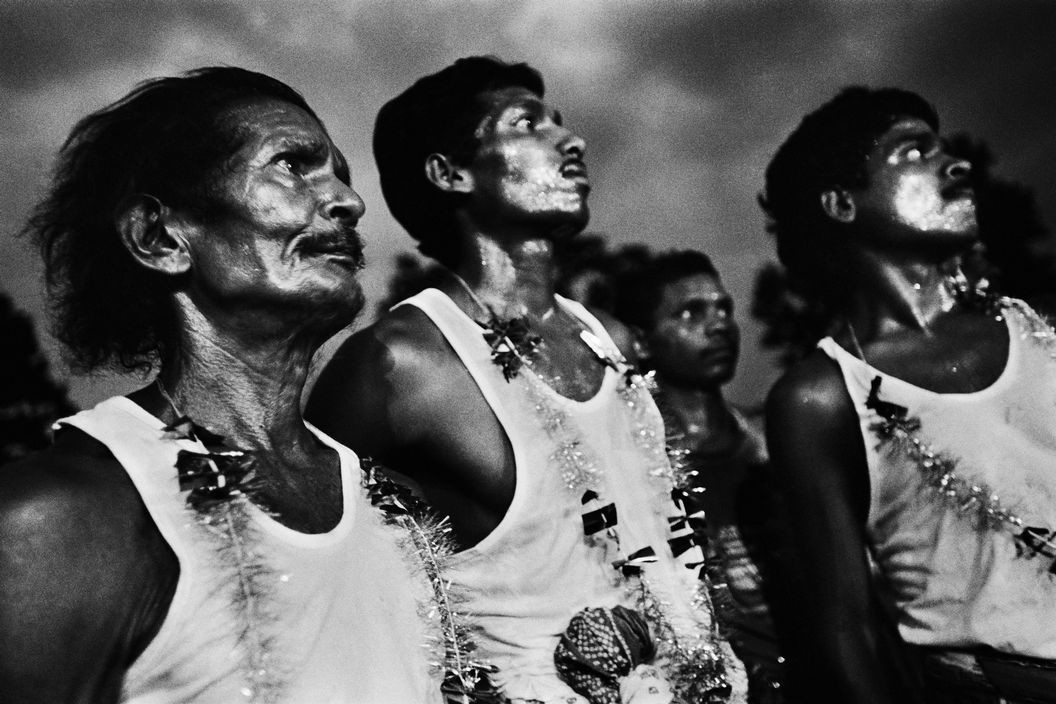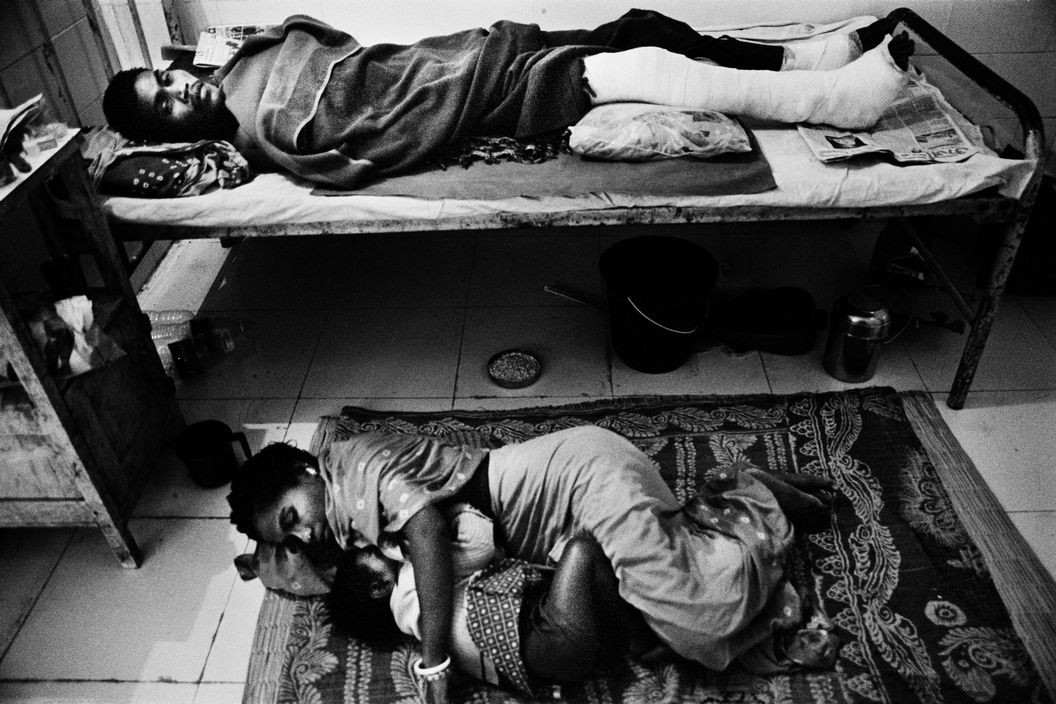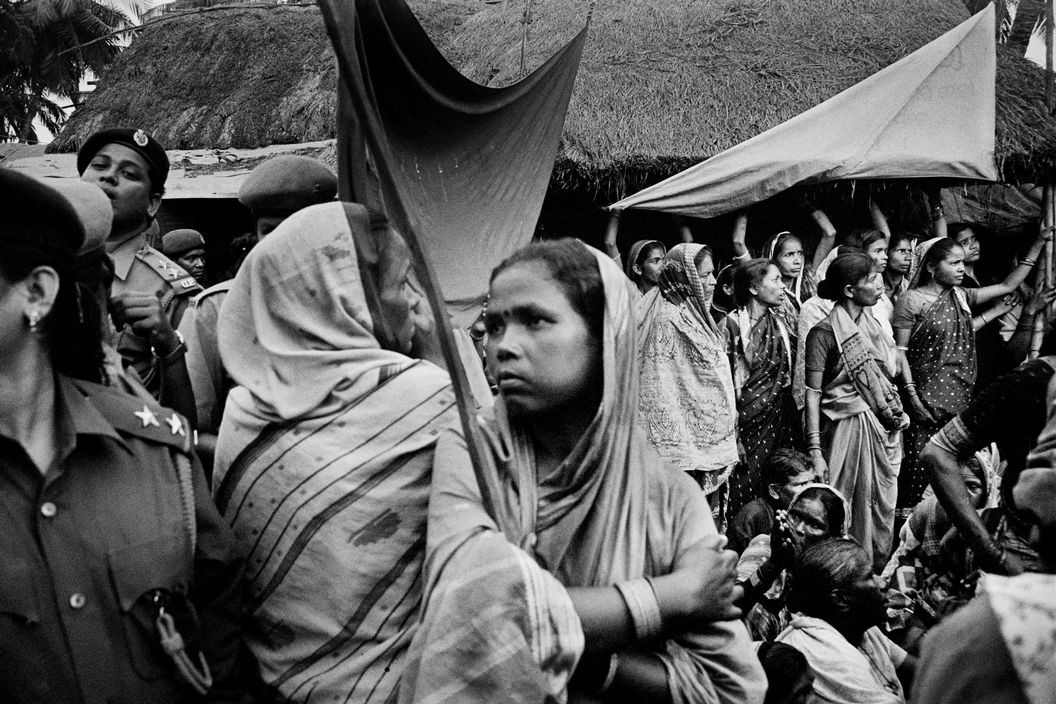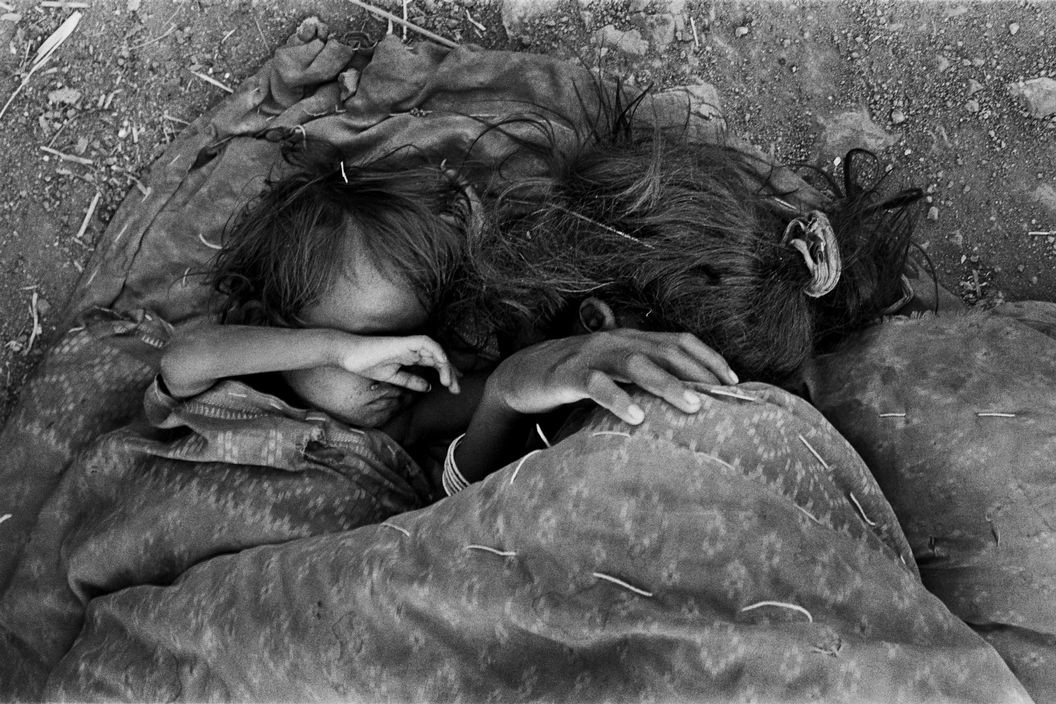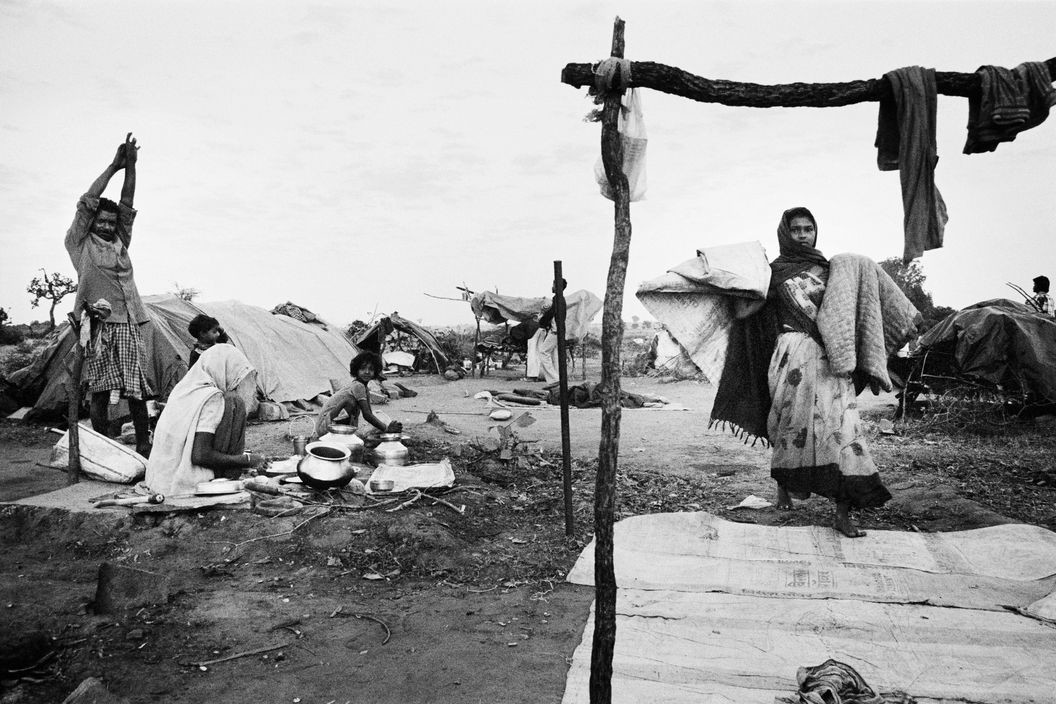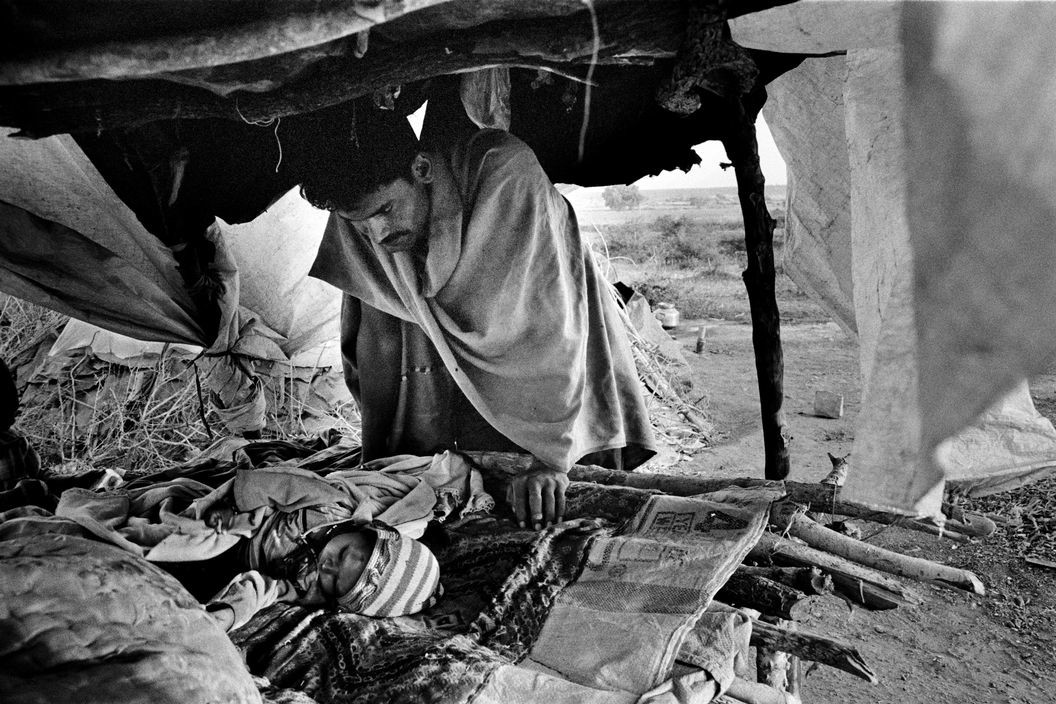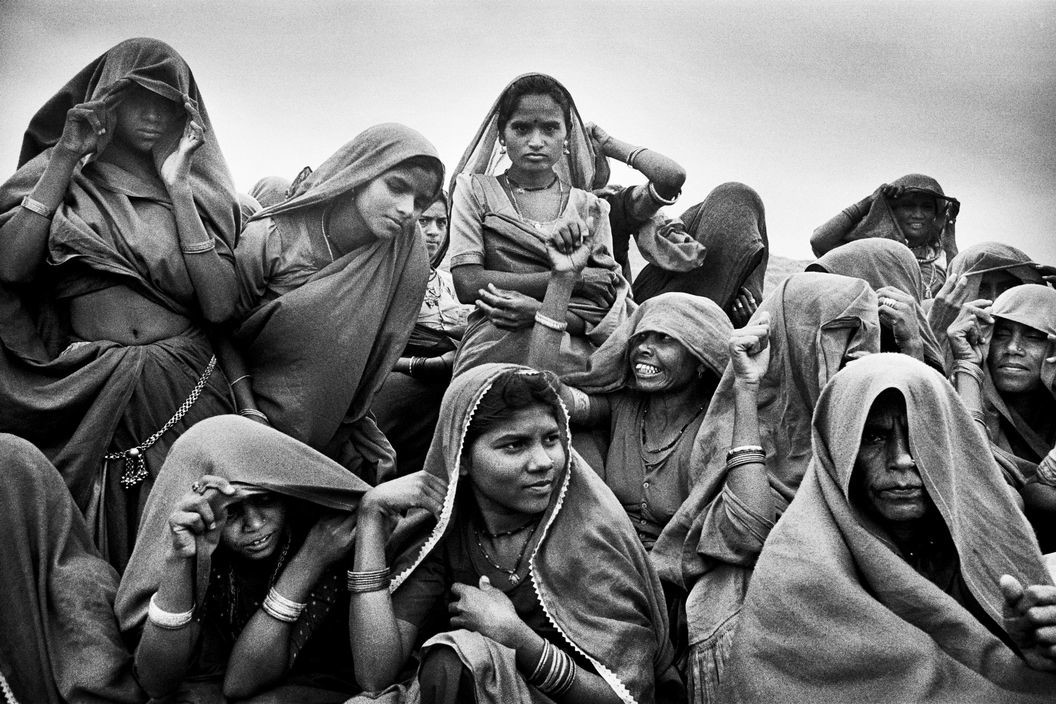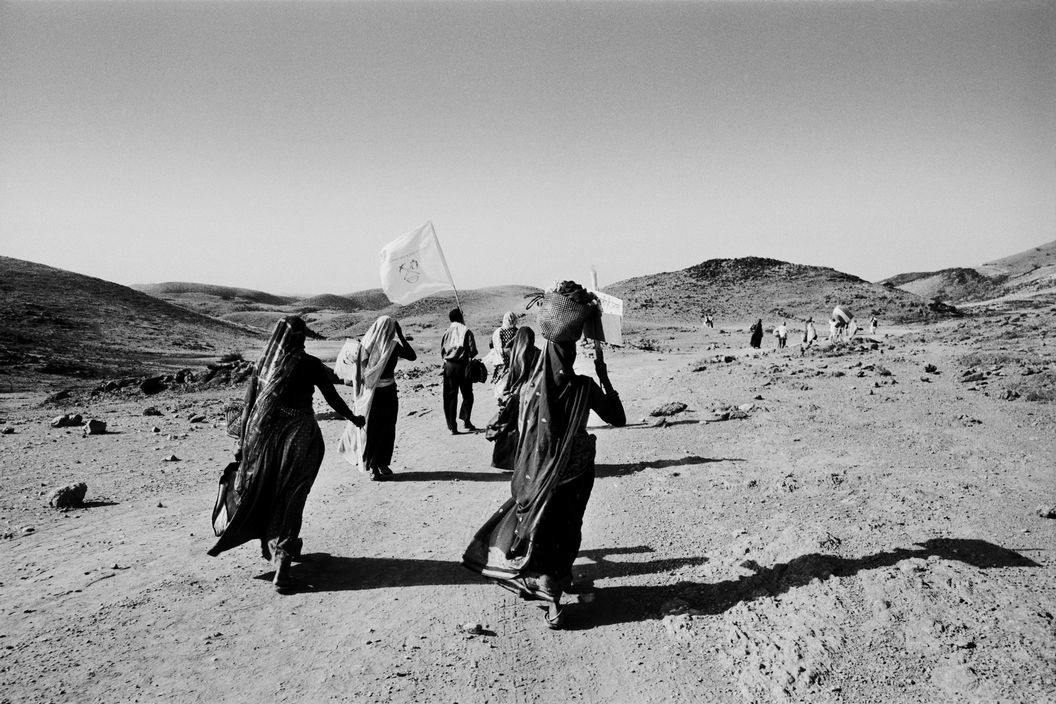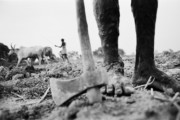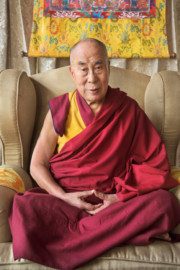Land of a Thousand Struggles
Indian photographer Sohrab Hura documents the desperate situation of India's displaced rural community as they struggle to survive
“Immediately after finishing my studies in economics at the age of 23, I got an opportunity to be a part of a historic social movement with its roots in rural India.
In the summer of 2005, a bus was to leave Delhi University and travel across ten northern and central Indian states for the next 52 days. For the first time over 180 different activist organisations had come together under the umbrella of the Right to Food movement. Anybody could get on to the bus and stay on it as long provided he or she was contributing to the movement in some way or another.
My role on the bus ranged from distributing pamphlets, carrying the banners, making photos for the local press, and on the side I continued to make photographs to document everything that I came across in my journey.
A range of people from activists, students, academics, political representatives, journalists, artists as well as people from various villages along the way had become a part of this journey whose main intention was to garner support for the implementation of the now called Mahatma Gandhi National Rural Employment Guarantee Act (MGNREGA). The goal of this act was to guarantee all citizens 100 days of employment at a minimum wage and, finally, a month later in the August 2005, the bill was passed.” – Sohrab Hura
"Anybody could get on to the bus and stay on it as long provided he or she was contributing to the movement in some way or another"
- Sohrab Hura
“Over the years this social security act has had its own share of criticism and loopholes, and yet it has also provided for the security of millions of people living in rural India that still continues to live in the shadows of a growing urban economy. It remains an important subject of debate among political parties, members of the academia and the urban elite.
As a young adult/student, who had spent all his life in the comfort of an urban middle-class environment, this journey and the following year of continuing to work in rural India left an impression that has lasted a lifetime.” – Sohrab Hura


